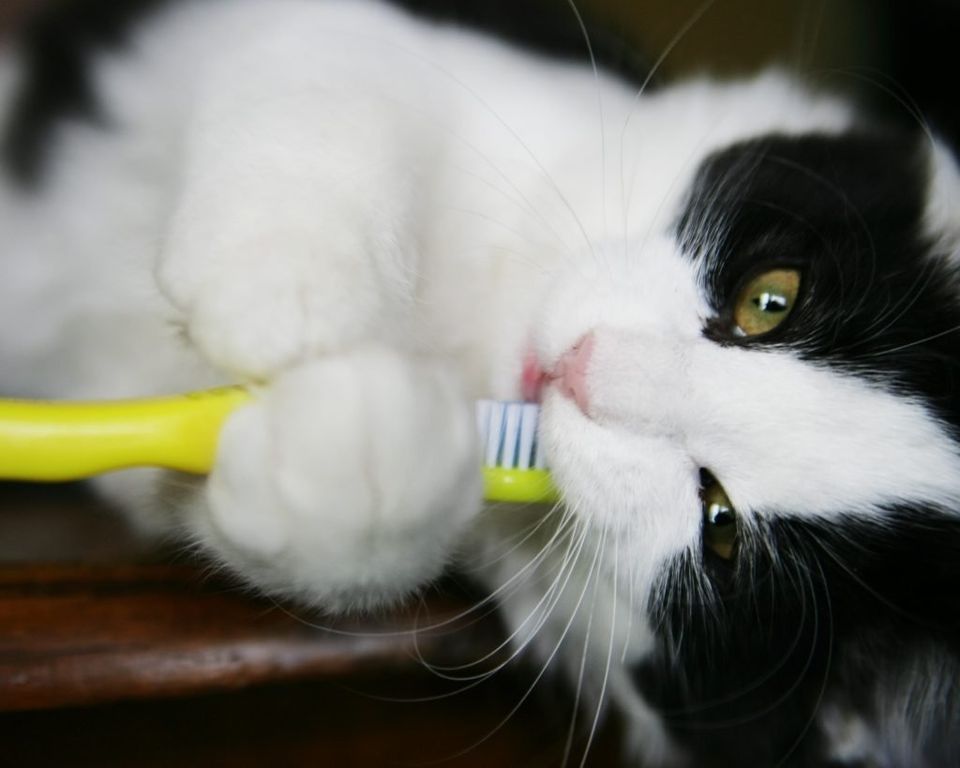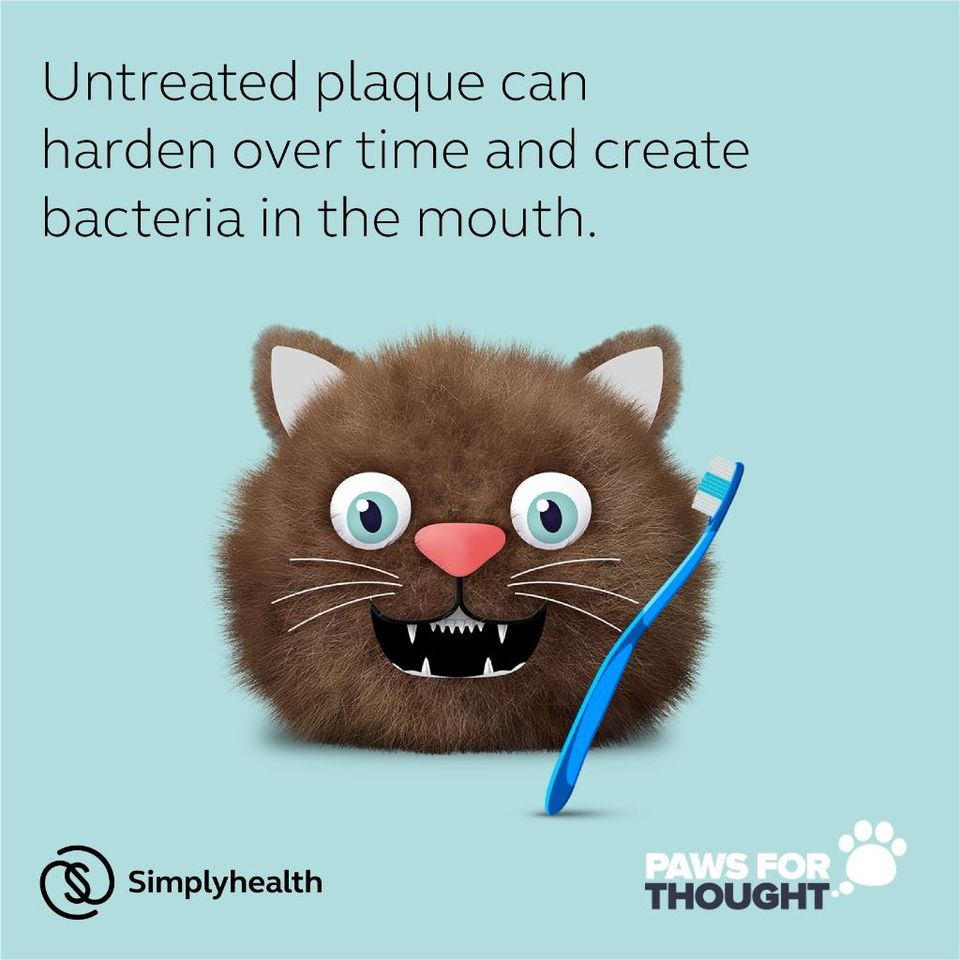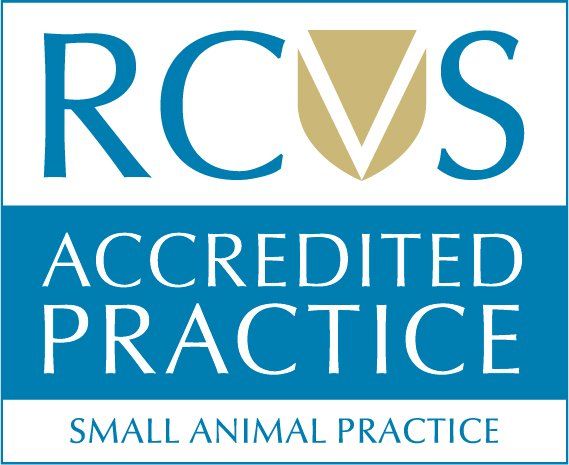Pet Dental Health
Does your pet have bad breath? They could be suffering from dental disease.
What is Dental Disease?
Dental disease begins with a small amount of plaque that forms on the tooth's surface (consisting of salivary deposits, bacteria and food particles). If ignored, this can build up to form dental tartar ( known as calculus), which in turn can cause noticeable gum disease and inflammation, leading to several unpleasant conditions such as gum recession, tooth root exposure and decay. Once severe dental disease occurs your pet will require Veterinary attention and intervention. This will require a general anaesthetic and it is often at this time the Veterinary Surgeon finds that multiple tooth extractions may be necessary.
Have you ever experienced a tooth ache?
It’s the same for our pets, they just can’t tell us. Dental disease causes localised pain in the mouth and if left to progress it can affect the rest of your pet’s body too. In the most severe cases the inflamed, damaged gums can absorb the bacteria from the tartar, which can then access the bloodstream to spread throughout the body, affecting the heart and kidneys in particular. This can seriously impact your pet’s overall health, especially if they’re elderly, already unwell or fragile in any other way.
Signs of Dental Problems
If your pet has dental disease, the first symptom will more than likely be bad breath (known as halitosis). You may notice that they appear uncomfortable when they eat – or they may chew with one side of their mouth or regularly drop food.
-Dribbling
-Sore Mouth
-Difficulty eating
-Loose teeth, teeth falling out
-Bleeding gums
-Pawing face
-Yellow or brown tartar
Preventing Dental Disease.
As with most diseases, prevention is far better than cure. There are numerous ways to prevent dental disease:
- Dental hygiene – Some of you may have noticed at our reception desk we now stock Finger Brushes, this is because tooth brushing is the gold standard of dental care for pets and, as with humans, it should be done ideally every day, or at least twice a week. These brushes are smaller than a human toothbrush and have softer bristles. Human toothpastes can not be used for pets as have the potential to cause stomach upsets. However, you can use an appropriate animal toothbrush and paste. We would be happy to advise you on what is best for your pet. Before you begin caution should always be taken to avoid any injuries to either you or your pet. Brushing your pets teeth can be a process that takes time to master. You can make an appointment with one of our Veterinary Nurses to discuss your pets dental routine and get advice on the best way to brush. Although Cats and Dogs require their teeth brushed daily it is not just cats and dogs that require dental management, smaller pets like Rabbits, Hamsters and Guinea Pigs can also encounter dental problems and have different dental hygiene requirements.
- Dental diets – Several pet food companies now offer dental diets, designed to combat dental disease. Dental kibbles of a particular shape, size and texture have a mild abrasive effect and are formulated to clean your pet’s teeth as they chew.
- Dental chews/treats – Are designed to work in much the same way as diets. However caution is advised with dental treats and chews as some of them contain a high quantity of fat and it is advised that pets are supervised at all times with any chews.
JURASSIC VETS SIDMOUTH
01395 208620
contact@jurassicvets.com
12 Woolbrook Road
Sidmouth, EX10 9UU
OPENING HOURS
- Mon - Fri
- -
- Saturday
- -
- Sunday
- Closed
JURASSIC VETS COLYTON
01297 613000
contact@jurassicvets.com
Town Mill,Rosemary Lane
Colyton, EX24 6LS
OPENING HOURS
- Mon, Fri
- -
- Tue - Thu
- -
- Sat - Sun
- Closed
Jurassic Vets Limited - registered in England and Wales | Company Registration Number 12993183 | Registered Office: 12 Woolbrook Road, Sidmouth, Devon, EX10 9UU







